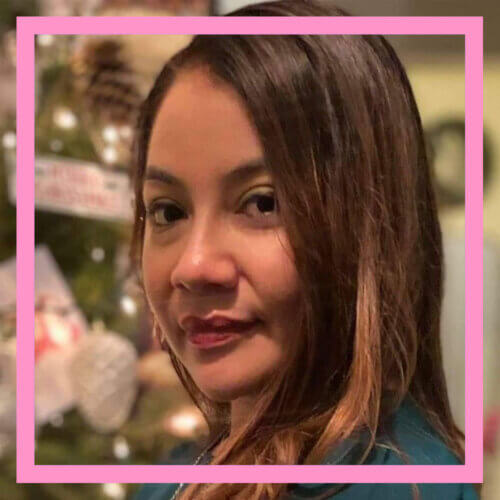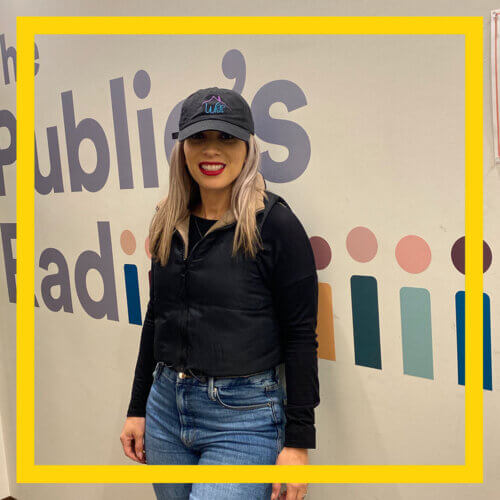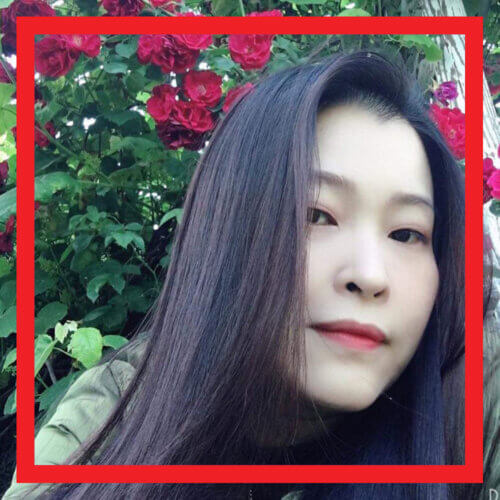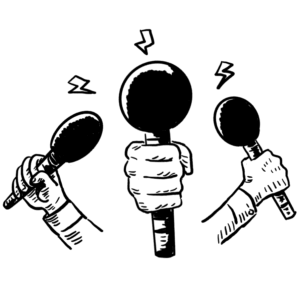Mosaic Community Essays
"Growing Up as an American Jew"
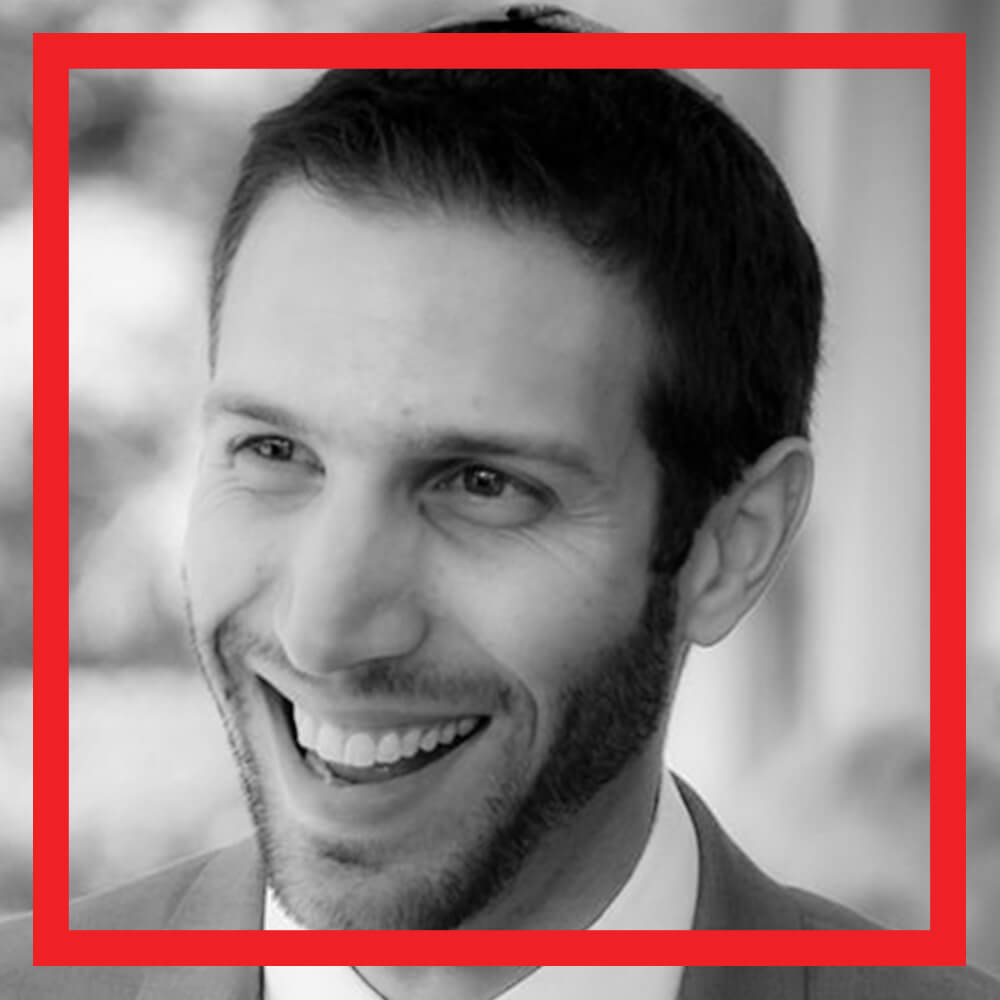
Growing up as an American Jew, Israel is absolutely a part of your consciousness. I was taught and the communities that I was a part of were taught that Israel is important for Jews around the world. That defending Israel as a nation state is important, that sort of, regardless of what its politics are at any given moment, who its leaders are etcetera, our role as American Jews was understood to be supporting it, sending it money, advocating for it.
As I reached, you know later stages of my youth, I was told directly that you know you’re going to go to college and people are going to challenge Israel and they’re going to bring up all sorts of talking points and your role is going to be to you know fight the battle on campuses and defend Israel. All of this and that was done at my summer camp where we even had, you know, an “Israel Day” which, includes you know, sort of mock Army drills, all sorts of Israeli, you know, cultural activities, you know, playing games that people in Israel play learning learning, little tiny, bits of Hebrew phrases from the Israeli Camp counselors. By the way, there’s a whole phenomenon where Israelis themselves come to American Jewish summer camps and are actually counselors themselves and part of their role is to teach about Israel and usually to teach about advocating for Israel.
For me college was like for lots of people, a moment where I carved out who I am in a way that I don’t know, there will ever be a period in my life where I do it that much in four years.I feel like I was surrounded by people who were really questioning a lot of their own ways that they grew up in and asking big questions.
And I was, you know, part of student groups that got to digest all this and part of classes where we talked about all this and it was really fundamental for me. And yeah, I remember being a Freshman or sophomore in some of my classes and, you know, we would and I was making the switch from math to judaic studies.
So I was in some judaic studies classes. Some of these classes were directly about Israel. Many of them weren’t but Israel would come up in one way or another. And I remember some people saying some things about this organization called J Street, which for context is, sort of a liberal Zionist organization that historically has spent a lot of time trying to time to create a two-state solution or advocate for a two-state solution. And I remember being a Freshman or Sophomore in college and somebody brought up J Street. And I knew in my bones that I hated J Street.
And then I and I like, and then I ask myself, like, “What is it? That I know that I hate?” and I didn’t know. Like, I literally, like people were talking about Jay Street and saying, X, Y, or Z. And I knew I hated it because they were like, two, they were too progressive or, to, lefty on Israel and I had nothing to say about why I hated it. I just knew that like, my communities that sort of told me to not like it. And I recognized myself. “I’m like, I would never accept that in myself for any issue.”
I would never be okay, with not having the basic understanding of X Y or Z topic, and just sort of mindlessly throwing myself on a side. And so I remember being in that class, it kind of was like a discrete moment for me like being in that classroom and thinking, oh, I just sort of have accepted this positioning where I defend Israel.
And I realized I had to do a bunch of learning and it’s not that I immediately joined a bunch of activist groups and was in the streets for Palestine solidarity. It was a long process of many years. It took till after college. For me, I mean I was not I wouldn’t call myself any kind of activist on this issue until 2014 when, when Gaza erupted in violence then.
But, but for a few years before that, I was unpacking the ways in which without really thinking much, I had positioned myself so staunchly as you know, pro-Israel,
As being a Zionist, as all of these terms that I applied to myself, knowing in my bones somehow that they were good. But not actually knowing what they meant.
What I spend my time doing is asking people like why do you know in your bones that you know X organization or X set of people are evil or are great? Like what has led you to think that? Because most of the time I don’t think it’s, you know, deep study and learning. I think it’s that we’ve been a part of networks and communities that taught us deeply that Israel, whether it’s Israel could do no wrong or at the very least Israel doesn’t usually do wrong, think that’s more common in Jewish communities backing out and saying you know, is that the case?
Do we think that we’re coming to that conclusion without any sort of subtext? Or do we think that we actually do need to rethink things? And so I try to help people ask those questions. It’s not about you as an individual being morally, good or bad. It’s about we have systems as Americans that sort of teach us to understand Israel, as positive, good and Palestinians as threatening. We have systems, if you’re an American Jew where that’s been done, even more in some of our communities and we all have unlearning work to do. And that doesn’t make anybody who who took a little bit to do that unlearning evil.
It does give us some responsibilities to do that work though.
